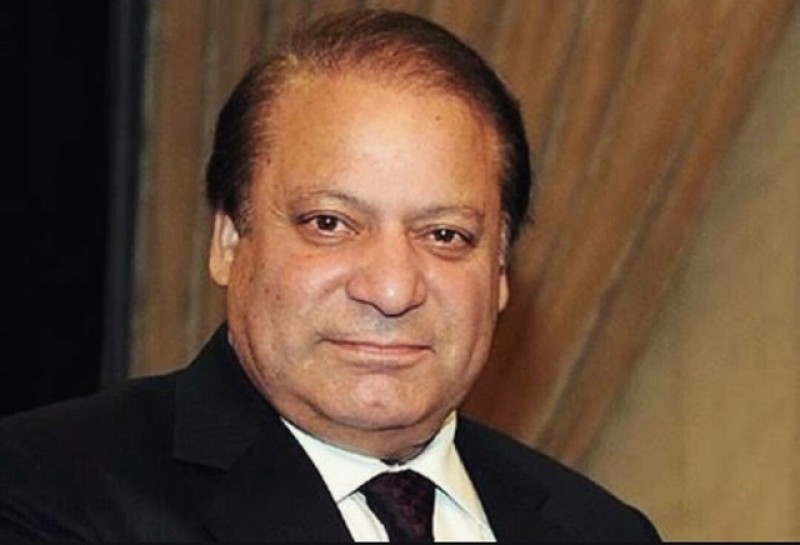The ruling came after the Islamabad High Court overturned Sharif’s 2018 convictions last month in two corruption cases—one concerning luxury apartments in London that he never declared and that his family should not be able to afford given their income, and the other concerning the undeclared business of Al-Azizia Steel Mill in Saudi Arabia.
The existence of the apartments and the business was revealed by journalists who sifted through the Panama Papers, a massive leak of documents from a now-defunct Panamanian law firm.
Along with the 2018 convictions, Sharif received a lifetime ban from politics, but that was lifted on Monday, with Chief Justice Qazi Faez Isa, who headed a seven-member bench of the judges, stating that lifetime bans "curtail the fundamental right of citizens to contest elections.”
"Today, the dark chapter of judicial injustice of lifelong disqualification to make Nawaz Sharif a target of political revenge has finally ended," Marriyum Aurangzeb, a spokesperson from Sharif’s party PML-N, wrote in a post on X.
Elections are scheduled for February 8, with rights groups cautioning that the ballot will lack credibility because of the crackdown on the opposition. Popular opposition leader Imran Khan, Sharif’s arch-rival, is in jail and is barred from running.
The court ruling will, however, allow other disqualified politicians to run for posts on February 8.
“A lifetime disqualification of any politician was in breach of the constitutional freedom of association. The much-delayed, but legally correct, decision will open the electoral field for Nawaz Sharif, who had been unjustly targeted by the country's judiciary on the instigation of the country’s military,” Osama Malik, a senior legal expert, told OCCRP. “It is very likely that Nawaz Sharif will become PM for the fourth time.”
Sharif, 74, repeatedly maintained that he was not involved in any wrongdoing and that the graft charges against him were politically motivated.
He served as prime minister in the 1990s but entered a feud with the country’s president. The standoff was ended by the military, which removed both of them from office. He made a comeback, but his government was again toppled in 1999 by a military coup.
Sharif became prime minister for the third time in 2013, but the Supreme Court disqualified him for failing to declare a monthly salary, equivalent to around US$ 2,700, from a company owned by his son in the UAE. Sharif denies receiving the salary.
Tensions between civilian governments and the military have been a constant source of instability in Pakistan, with the military staging coups and running the country for nearly half the time since independence from British colonial rule in 1947. The military denies meddling in politics.



